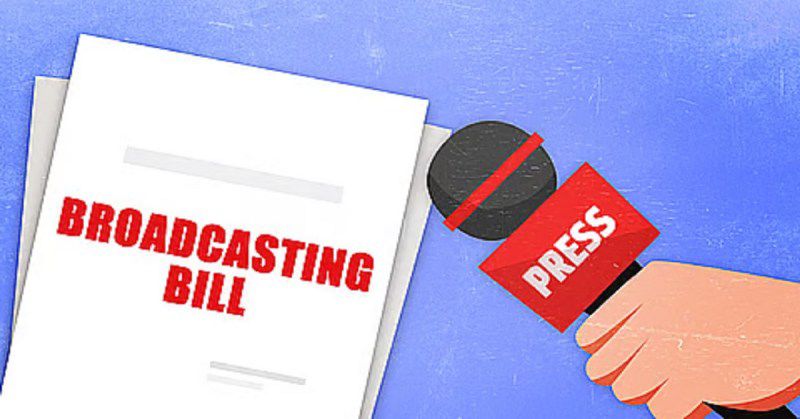Ghana, a country known for its commitment to freedom of speech and expression, still lacks a comprehensive broadcasting law—a legislative gap that has persisted for decades.
This concern was central at a high-level meeting convened by UNESCO on June 5, 2025, in Accra. The session brought together key stakeholders, including officials from the National Communications Authority (NCA), the National Media Commission (NMC), the Ghana Independent Broadcasters Association (GIBA) and the Ghana Community Radio Network. The purpose was clear: to find a pathway forward for the Broadcasting Bill, first drafted nearly a decade ago.
Initially developed in 2012, the bill is intended to provide a regulatory framework for broadcasting services under the oversight of the NMC and the NCA. It aims to set clear rules around licensing, ownership and content across public, private and community broadcasters. The overarching goal is to protect the public interest while ensuring equitable access to broadcasting opportunities.
In 2023, the Ghana Journalists Association (GJA) renewed calls for Parliament to pass the bill. In a statement issued on February 13 that year, the GJA described it as “a critical step towards sanitising the airwaves.” Despite this advocacy, the bill remains stalled.
The political roadblocks
Media and communication expert Professor Kwame Karikari, addressing participants at the UNESCO meeting, reminded them that the first draft reached Parliament in the late 1990s. Since then, it has been revised under every administration from the Rawlings era to the present. Cabinet approved a new version in 2024, yet it has not advanced further.
Several factors continue to delay progress. First is political sensitivity. Broadcasting plays a powerful role in shaping public opinion, and governments are often reluctant to support legislation that may impose stricter controls on the media, for fear it could be used against them or benefit political rivals.
Second, rapid technological evolution complicates legislative efforts. Ghana’s broadcasting landscape has expanded significantly from a single public broadcaster to nearly 600 radio stations and dozens of television outlets. With the rise of digital streaming and social media, the bill requires frequent updates to remain relevant, further delaying its passage.
The third challenge lies in fragmented regulation. While the NCA oversees technical issues such as tower height and signal strength, content regulation remains inconsistent. There are inadequate systems for handling hate speech, countering misinformation and protecting children’s programming. In recent years, stations have been fined or shut down without a clear, transparent framework.
Journalists must speak out
These gaps have real consequences. In some regions, traditional leaders have taken stations off air following critical reports. Religious figures have called for bans on presenters they oppose.
Community radio stations, which are crucial for promoting local languages and civic engagement, often struggle to secure frequencies or financial support.
During the UNESCO meeting some participants argued that silence within newsrooms has also contributed to the delay. “If journalists stay quiet on policy, lawmakers will not feel the heat,” noted one advocate at the session who requested anonymity.
Representatives from civil society and international bodies urged media owners to back the bill, even if it requires trade-offs with short-term commercial interests.
What should happen now?
To move forward stakeholders must first update the draft to reflect the digital realities of modern broadcasting. It should then be published for open public consultation.
Parliament, for its part, must assign a clear timeline for debate and passage, ending the cycle of delay.
The current administration may have an opportunity to act. With Cabinet approval already secured for the 2024 draft and a parliamentary majority in place, the political structure exists to move the bill forward. What remains lacking is prioritization and political will.
As technology outpaces regulation, the need for a balanced and forward-looking Broadcasting Act grows more urgent. A modern law could safeguard free expression, ensure fair frequency allocation and set ethical standards for content across platforms.
Lawmakers should act now before the country’s media landscape evolves beyond the reach of meaningful regulation.
*********
Cheryl Seli Baisie is a digital journalist, head of the Entertainment Desk, and an editor for the nation’s broadcaster.
DISCLAIMER: The Views, Comments, Opinions, Contributions and Statements made by Readers and Contributors on this platform do not necessarily represent the views or policy of Multimedia Group Limited.
DISCLAIMER: The Views, Comments, Opinions, Contributions and Statements made by Readers and Contributors on this platform do not necessarily represent the views or policy of Multimedia Group Limited.


